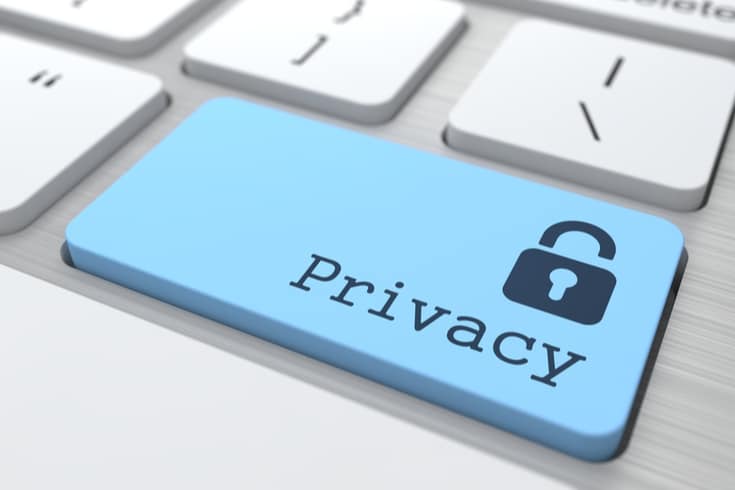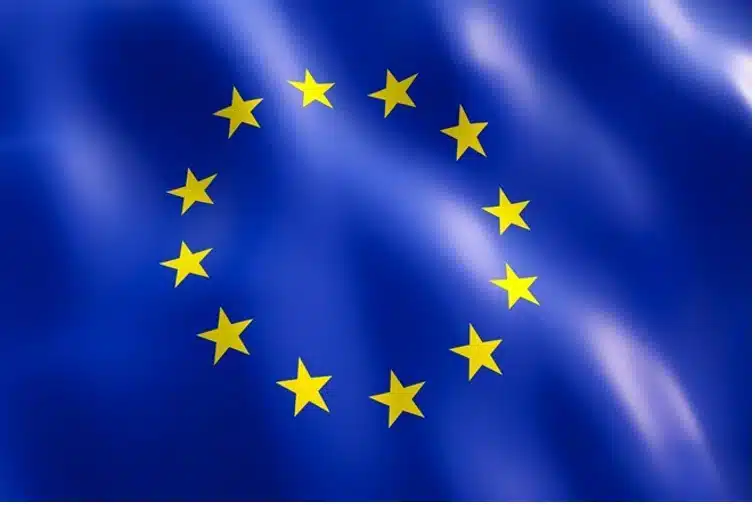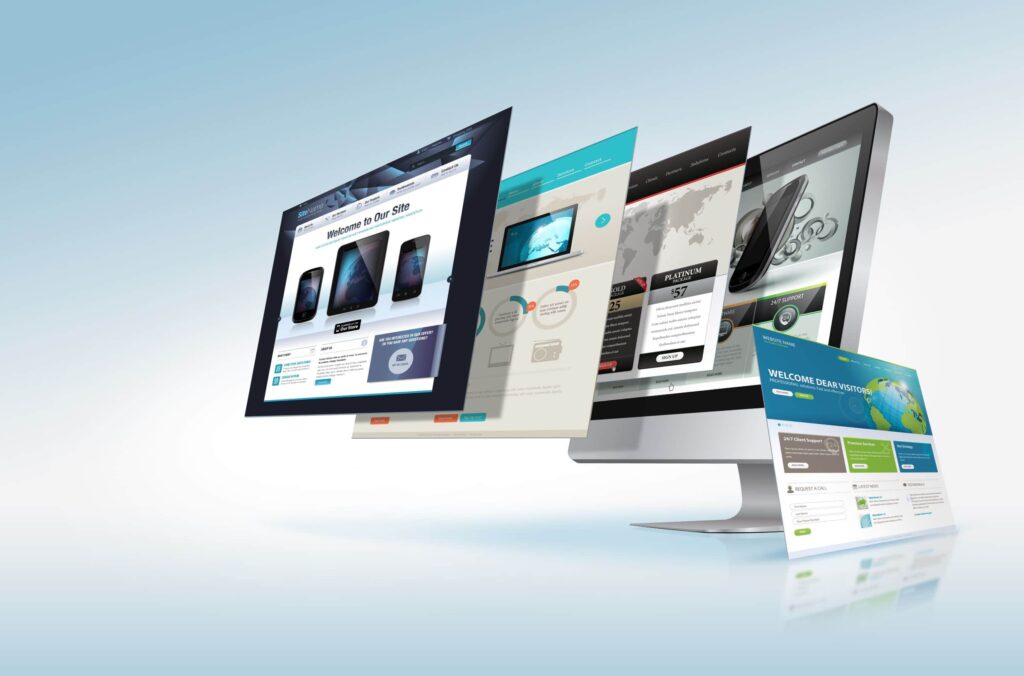What are the Procedures for Online Business Card Exchange? Explaining the Points to Note in the 'Japanese Act on Regulation of Transmission of Specified Electronic Mail'.

Due to the spread of the new coronavirus, telework has become widespread, and not only internal meetings but also inter-company meetings and business negotiations have become increasingly conducted online.
However, unlike face-to-face meetings, there is no exchange of physical business cards, and especially when there are multiple participants, it is possible to miss hearing their names, departments, and positions. Therefore, the use of “online business card exchange”, which can be used in video conferences, is attracting attention.
However, as this system is still new, there may be many people who do not fully understand it.
Therefore, in this article, we will explain in detail the actual procedures, merits and demerits of “online business card exchange”, and the risks associated with its use.
What is Online Business Card Exchange?
Online business card exchange is the process of digitizing traditional paper ‘business cards’ and exchanging them online.
As long as you have an internet connection, you can send data to others from your smartphone or computer, making it a highly effective method in the era of ‘with Corona’.
Although it’s a relatively new method and there are no standard protocols yet, its use is gradually expanding in conjunction with business card management tools.
Benefits of Online Business Card Exchange

Transmit/Record a Large Amount of Information
Digital business card data can hold a lot more information compared to paper business cards. It can include links to your company’s website, details of business discussions, notes, and other information.
Easily Exchange Business Cards with People in Remote Locations
There may be concerns that online meetings and discussions lack the realism of face-to-face interactions. However, with online business card exchange, you can smoothly introduce yourself to new acquaintances and facilitate effective communication.
No Worries About Running Out of Business Cards
For sales representatives who have discussions with many clients, one of the advantages of digital business cards is that they can easily send their business card data from their smartphones or laptops. This eliminates the worry of running out of paper business cards.
Efficient Management of Business Cards
Furthermore, by digitizing the business card data received through online exchanges, there is no need for a business card holder. In addition, you can share information with team members within your company, and you can search for the necessary information anywhere using your smartphone or laptop, making it highly efficient.
Disadvantages of Online Business Card Exchange
Requires an Internet Connection
While this is not a concern during teleconferences, exchanging business cards online while on the go requires a communication device such as a smartphone or computer, as well as an internet connection.
However, this is unlikely to be a significant issue as most business professionals carry either a smartphone or a computer, and internet access is available in various locations.
Potential for Increased Costs
While salespeople can use free business card management tools for personal use, if a company as a whole needs to share and use business card data, they may need to use a paid business card management tool with more features, which could potentially increase costs.
Low Adoption Rate of Online Business Card Exchange
Since online business card exchange depends on the other party’s participation, widespread adoption is crucial to leverage its benefits. Additionally, the limited number of service providers and lack of options could also be considered a disadvantage.
Procedures Required for Online Business Card Exchange

Prepare a Business Card Management Tool
Even without a business card management tool, you can exchange business cards online. However, when considering the creation of your own business card data and the storage and use of business card data sent from others, it would be better to use a business card management tool.
Create Your Own Business Card Data
Create your own business card data by capturing your business card using a scanner or smartphone camera with the business card management tool.
Send Your Business Card Data
The common methods of sending business card data include using a URL or QR code that can be checked even by those who do not have a business card management tool.
Method of Using a URL
In text-based negotiations or meetings, such as emails or chats, you can send the URL of the business card data created with the business card management tool. The recipient can check the business card data via this URL.
Method of Using a QR Code
In situations where images can be viewed, such as video conferences, you can embed a QR code in the background using the virtual background feature. The recipient can read the QR code with their smartphone and check the business card data.
Method of Using the Features of the Business Card Management Tool
If the other party is using the same business card management tool, you can easily exchange business cards using the business card exchange feature of the business card management tool.
Legal Issues When Sending Specific Electronic Mails
Is it legally acceptable to send emails advertising your company’s services or products to the email addresses obtained through online business card exchanges? The issue lies in the compatibility with the Japanese Act on Regulation of Transmission of Specified Electronic Mail (Specified Electronic Mail Act).
What is a Specified Electronic Mail?
A specified electronic mail refers to an email sent for advertising or promotional purposes, including those intended to direct recipients to advertising or promotional websites for services or products.
For instance, it’s common to attach the URL of your company’s advertising or promotional website in a thank-you email after an online meeting. Using business emails for advertising or promotional purposes is not particularly unusual and is generally practiced.
Transmission Restrictions in the Specified Electronic Mail Act (Opt-in Regulation)
The Specified Electronic Mail Act prohibits the transmission of specified electronic mails unless the recipient has expressed consent to receive them.
However, Article 3, Paragraph 2 of the Act provides an exception for cases where the sender has notified their email address. In such cases, it is considered that there is a certain predictability that the recipient will receive an email from the sender, and therefore, the transmission of specified electronic mails is allowed even without consent.
If you want to know more about the opt-in regulation, please refer to the detailed explanation below in conjunction with this article.
https://monolith.law/corporate/e-mail-newsletter-opt-in-procedure[ja]
Is it Illegal to Send Specified Electronic Mails to Contacts from Online Business Card Exchanges?
In online business card exchanges, you notify the other party of your business card data, including your email address. This seems to fall under the exception of “when you have notified your own email address,” and it appears that it is not illegal to send specified electronic mails.
However, according to Article 2, Paragraph 1 of the Enforcement Regulations of the Specified Electronic Mail Act, the method of notifying your own email address should be “in writing,” and digital business card data is not included in this definition.
According to the Ministry of Internal Affairs and Communications, it is currently not considered that electronic business cards are included in “writing,” and a clear judgment on the new method of online business card exchange has not yet been established.
Conclusion
If you send specified electronic mails to the email addresses obtained through online business card exchanges, it may technically violate Article 3 of the Specified Electronic Mail Act because it is not consent in writing.
However, even if it is an online notification, the illegality is not considered significant because the purpose of the exception in the Specified Electronic Mail Act is “to consider that there is a certain predictability that an email will be sent from the other party when you have notified your own email address.”
Furthermore, even if it is judged to be a violation, penalties are not immediately applied. Initially, there is an “order for measures” related to improving the method of sending emails, and if you deal with it at that stage, you can avoid penalties.
Summary: Online Business Card Exchange and the Japanese Specific Electronic Mail Law

In this article, we have discussed ‘Online Business Card Exchange’ based on relevant laws and regulations, covering ① merits and demerits, ② necessary procedures, and ③ legal issues.
As ‘Online Business Card Exchange’ is a relatively new method, there are areas where the law has not yet caught up. Therefore, if you are considering sending specific electronic mails to the parties with whom you have exchanged business cards online, we recommend that you consult with a lawyer who has extensive knowledge and experience in this field, rather than making a decision on your own.
Introduction to Our Firm’s Measures
Monolith Law Office is a legal office with high expertise in both IT, particularly the internet, and law. Recently, online business card exchanges have been attracting attention, but legal checks are necessary when implementing them. Our firm conducts legal checks for many companies. Details are described in the article below.





















